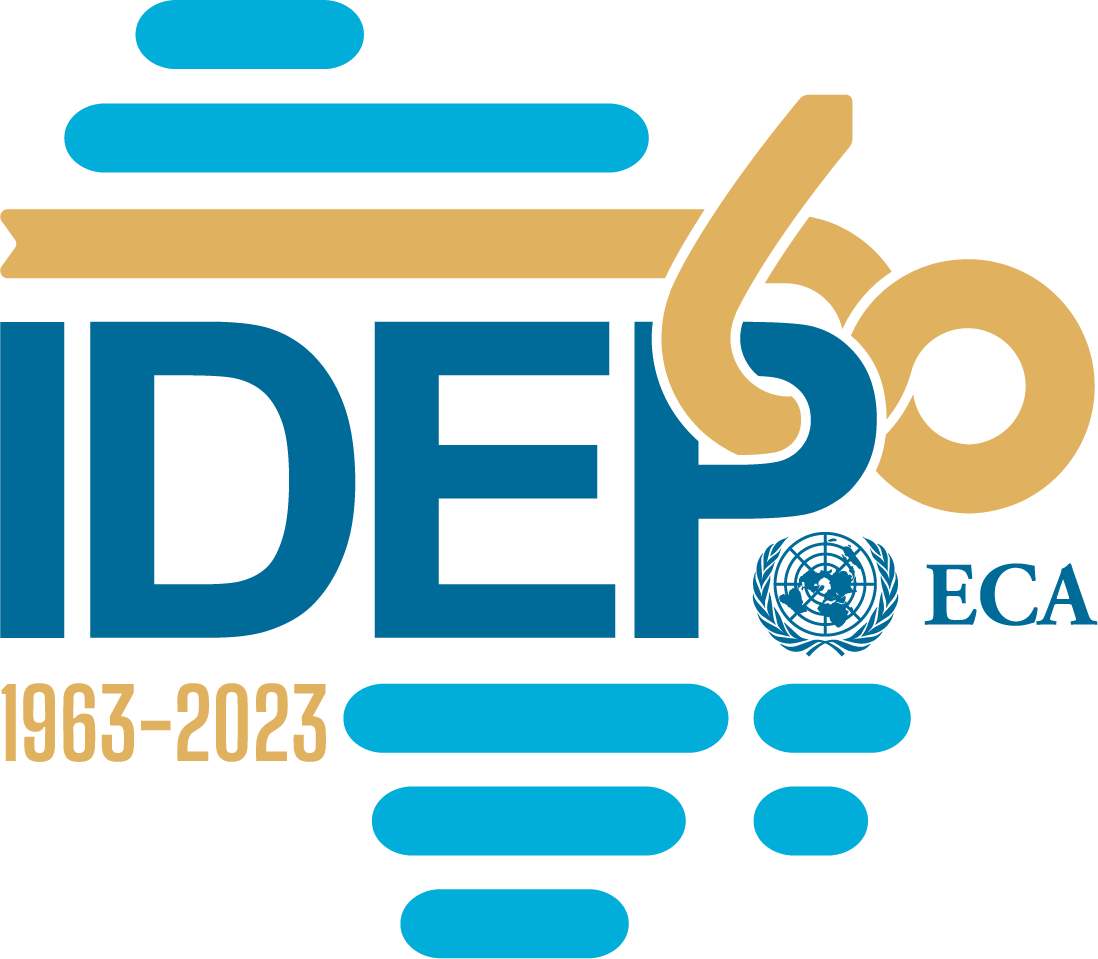Overview
ABOUT IDEP
The African Institute for Economic Development and Planning (IDEP) is a pan-African institution created in 1962 by the General Assembly of the United Nations. It began its operations on 21st November, 1963 with the primary purpose of accompanying and supporting newly independent African countries in their quest to build their human resource capacities as a necessary prerequisite for sustaining independence and promoting socio-economic development. Its main activities, are organized around a portfolio of capacity development and training programmes as well as a set of policy research and dialogue initiatives. It also offers on-demand advisory services to governments and public institutions, and serves as a forum for exploration of alternative thinking on African development.
I- Capacity development and training
Beneficiaries include senior and middle level career officials and other stakeholders. Most of the training programmes offered at the Institute are anchored around economic management and development planning.
II- Research programme
It is about agenda-setting and innovative policy research on various aspects of the development challenges facing the Continent. The research work compliments the capacity development and training activities.
III- Knowledge Management and e-Learning
Created in 2016, IDEP’s “Knowledge Management and ICT” division seeks to make knowledge resources available to African policy makers, researchers, students, and in general anyone interested in African’s development and maintains a special emphasis on knowledge resources generated by the ECA and IDEP.
IV- Administration & Partnership
Since the turn of the century, Africans have borne witness to significant change, politically, economically, socially and environmentally. After decades of instability, African countries have seen impressive economic growth, increased stability and improved governance and declining poverty. Yet, the growth remains fragile, highly dependent on external factors, and despite these gains, the continent is largely underperforming and failing to capitalise on its rich natural and human resources.




